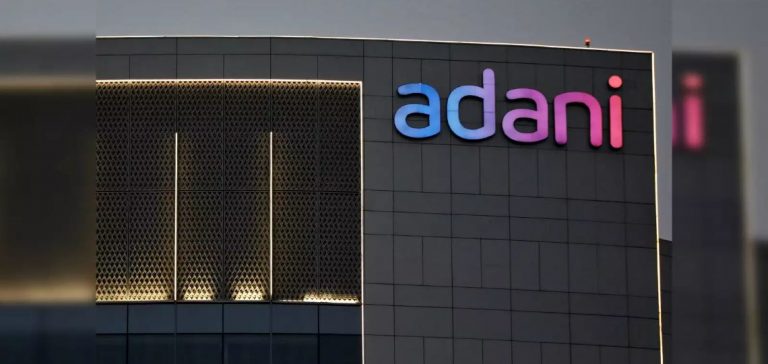Adani Group is pursuing an aggressive expansion strategy in the hydroelectric sector on a global scale. The company aims to develop 10 GW of hydroelectric projects in several countries such as Bhutan, Nepal, Kenya, Tanzania, Vietnam, and the Philippines. This effort is part of a goal to reach a renewable energy portfolio of 50 GW by 2030 and to position itself as a global leader in green energy.
With announced investments of $70 billion in energy projects by 2030, Adani is betting on increased diversification of its assets. To date, the installed capacity of its renewable energy portfolio reaches 11.2 GW, including solar, wind, and hybrid projects. Hydroelectric power is a key component of this strategy, allowing Adani to establish itself in markets where hydro potential is underexploited, while benefiting from abundant natural resources.
Expansion in Bhutan and Nepal:
Adani has already signed a Memorandum of Understanding (MoU) with the Bhutanese government to develop a 570 MW hydroelectric plant in the Chhukha province. In parallel, an additional 700 MW project in the Chamkarchu region is under study. Nepal, for its part, constitutes a strategic market due to its existing interconnections with the Indian grid. Advanced negotiations between Adani and various Nepalese developers aim to exploit hydraulic sites to directly supply the Indian grid, thus contributing to regional energy security.
Targets in Southeast Asia and Africa:
In Vietnam, Adani is conducting feasibility studies for several hydroelectric projects, while consolidating its positions in energy infrastructure. In Africa, the group has initiated site evaluations in Kenya and Tanzania, regions with high hydroelectric potential but where infrastructure is still underdeveloped.
These projects not only aim to meet the growing electricity demand of these emerging markets but also to geographically diversify Adani’s portfolio. This diversification reduces the risks associated with an overly high concentration of projects in India and allows the company to better navigate local geopolitical dynamics.
Challenges and Opportunities:
Adani Group’s international expansion in the hydroelectric sector is not without challenges. Regulatory barriers, strict environmental requirements, and land acquisition issues are among the major obstacles. However, strategic partnerships already in place, combined with proven expertise in developing large-scale infrastructure, position Adani favorably to successfully realize these projects.
In terms of opportunities, the targeted markets show strong growth in energy demand. Furthermore, India, which faces a rapid increase in its electricity consumption, could benefit from these hydroelectric capacities through cross-border agreements with Nepal and Bhutan.






















